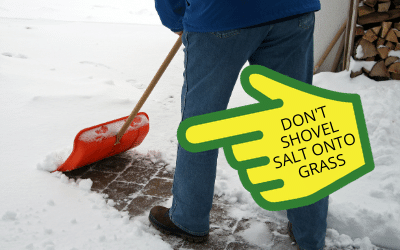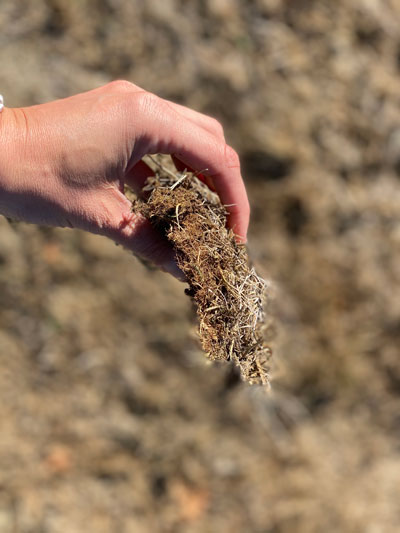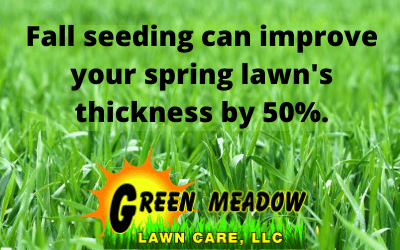Some customers ask us why they have weeds in the Summer if we have already treated their lawns for weeds in the Spring. Treating weeds is an ongoing process. Why? Because there are different generations of annual weeds.
Summer annual weeds can be difficult to manage in the Northeast because they are suited to thrive in many of the same conditions that cool season grasses thrive in.

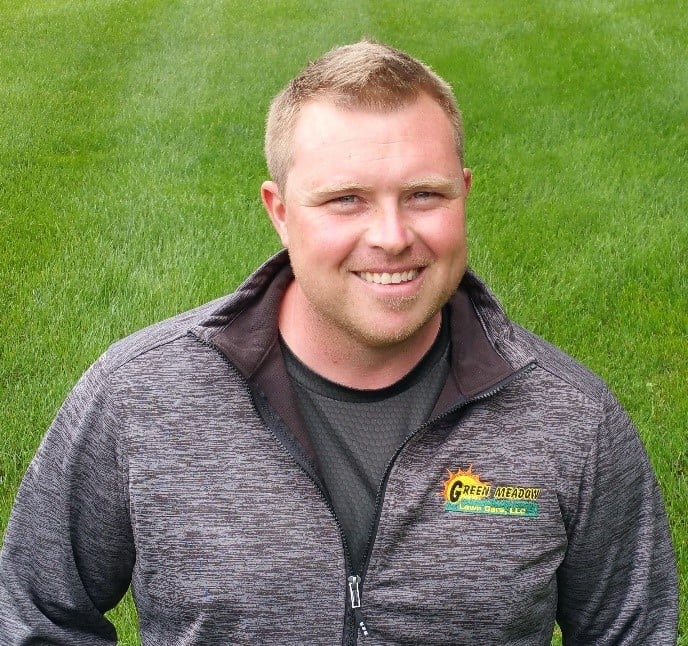
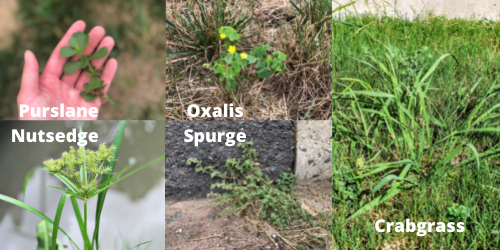
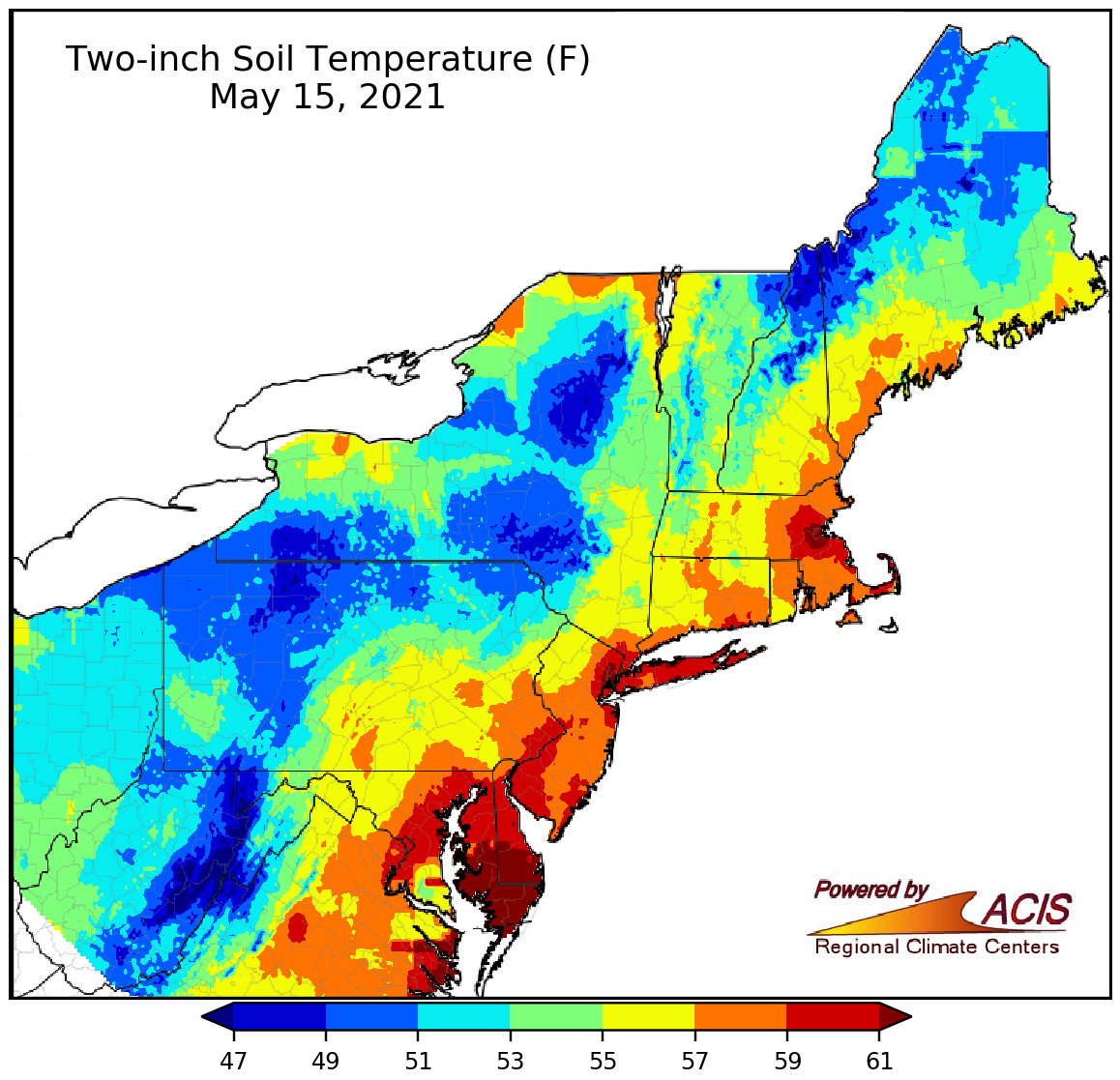
.png)
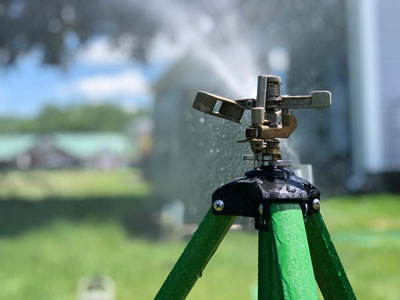
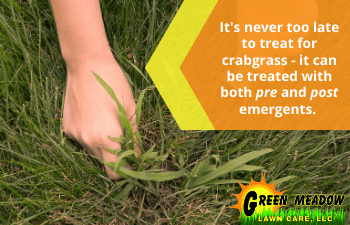
.png)
